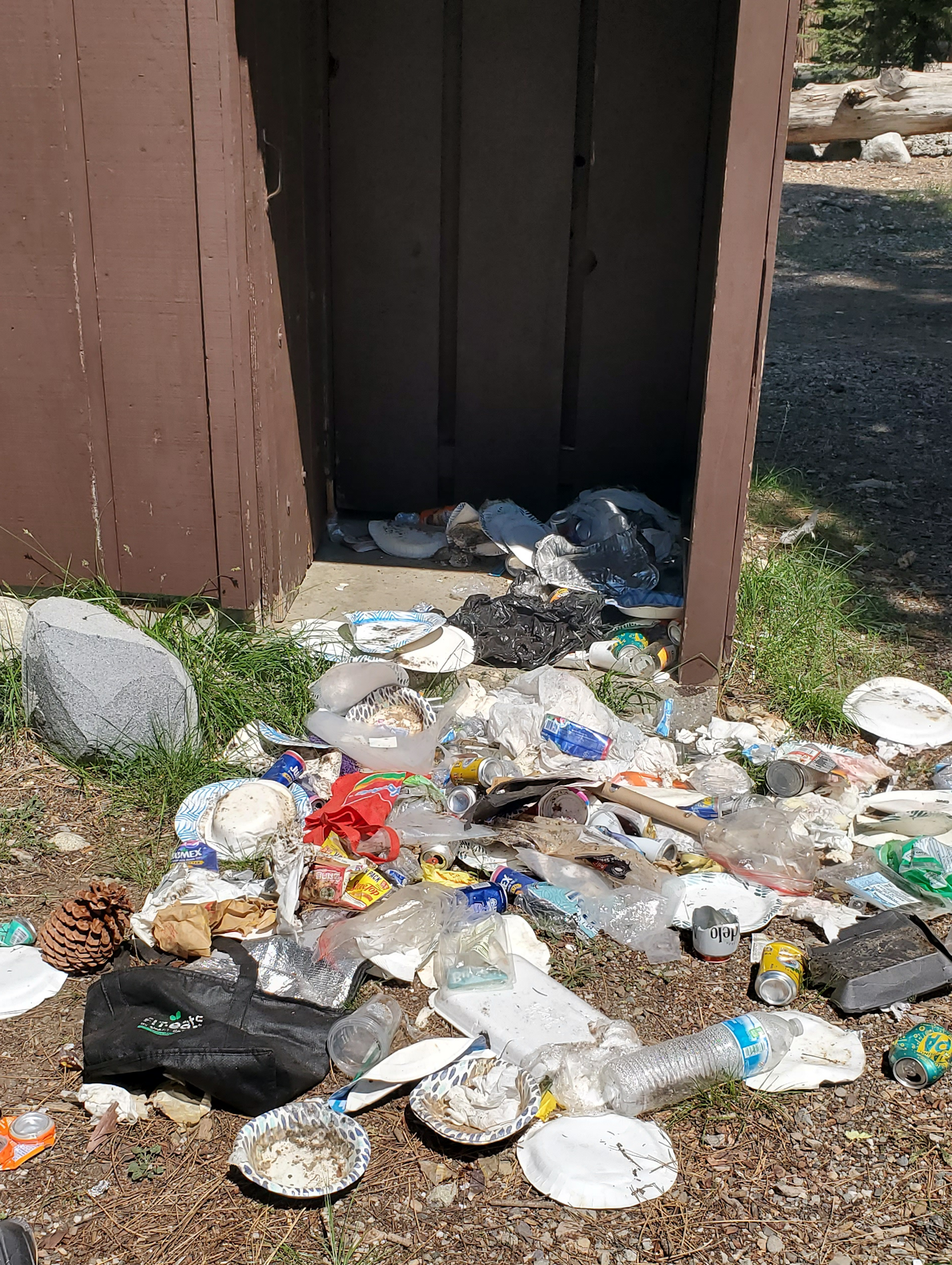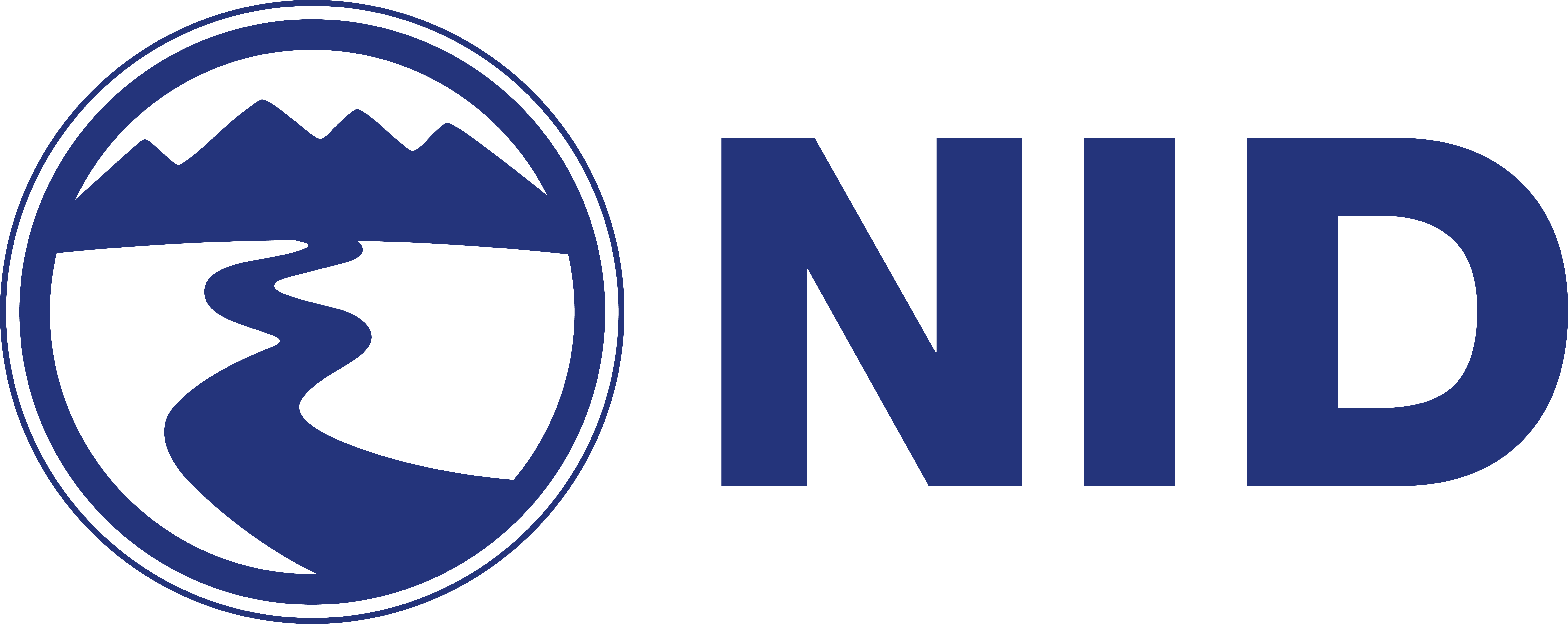Why "Pack It In, Pack It Out" matters: keeping campsites safe, clean
Dispersed camping poses health concerns and wildfire risks

It’s summer, and garbage and unsafe activity have once again become an issue at dispersed campsites in the Bowman corridor.
Dispersed camping is the term used for camping outside of an organized, hosted campground without formal reservations and charges. This type of camping is popular throughout the Bowman corridor, including around Bowman Lake to Faucherie, Sawmill, and French lakes, which are owned and maintained by the Nevada Irrigation District (NID).
The problem is dispersed camping areas have no services, such as trash pickup and toilet facilities.
When thoughtless campers leave behind garbage, it can create serious public health hazards. And, importantly, the inattention by campers to campfires puts the forest at risk. A fire that is not attended to can quickly start to burn out of control. Even ashes and embers can spark and start a fire.
“The bottom line is you have responsibilities when you choose to disperse camp,” said Monica Reyes, NID Director of Recreation. “Whatever you bring in, you must pack out. Dumping garbage, leaving toilet paper strewn through the forest and driving off with a campfire smoldering is not OK. It is beyond reckless.”
Dispersed camping is permitted on federal land, and around NID reservoirs, yet there is no dedicated personnel to clean up after campers. NID’s recreation staff, who patrol Bowman Lake, frequently find garbage and smoldering campfires. They will haul out garbage, douse the embers, and clean the areas as a matter of public health and safety.
Pack it in; pack it out
The “pack it in, pack it out” mantra is important. The message is simple: whatever you bring in, you need to bring out.
Beyond the unsightliness of trash on the ground, leftover food is an attraction for bears. Once a wild animal gets used to the taste of human food, they are more likely to aggressively seek that food and be drawn to people so that they become a safety hazard.
Also, on the grander scale, recreating around Bowman Lake is in the heart of the Sierra headwaters that provide the water most Californians use and drink. Healthy watersheds and forests are important to slow the rate of climate change. Keeping these watersheds safe and unpolluted are key to our future.
“Treat NID’s upper division, the source of your water, like you would your own home. Keep it clean and safe; the actions you take have impacts,” Reyes said. “Here's the message for anyone heading to remote dispersed camping areas: it's essential to be aware of the impact you have on the land. Most importantly, recognize the potential dangers and damage caused by careless actions.”
She added: “By packing out and cleaning up your area when you leave keeps the Bowman Corridor beautiful and safe for the next person to enjoy.”
